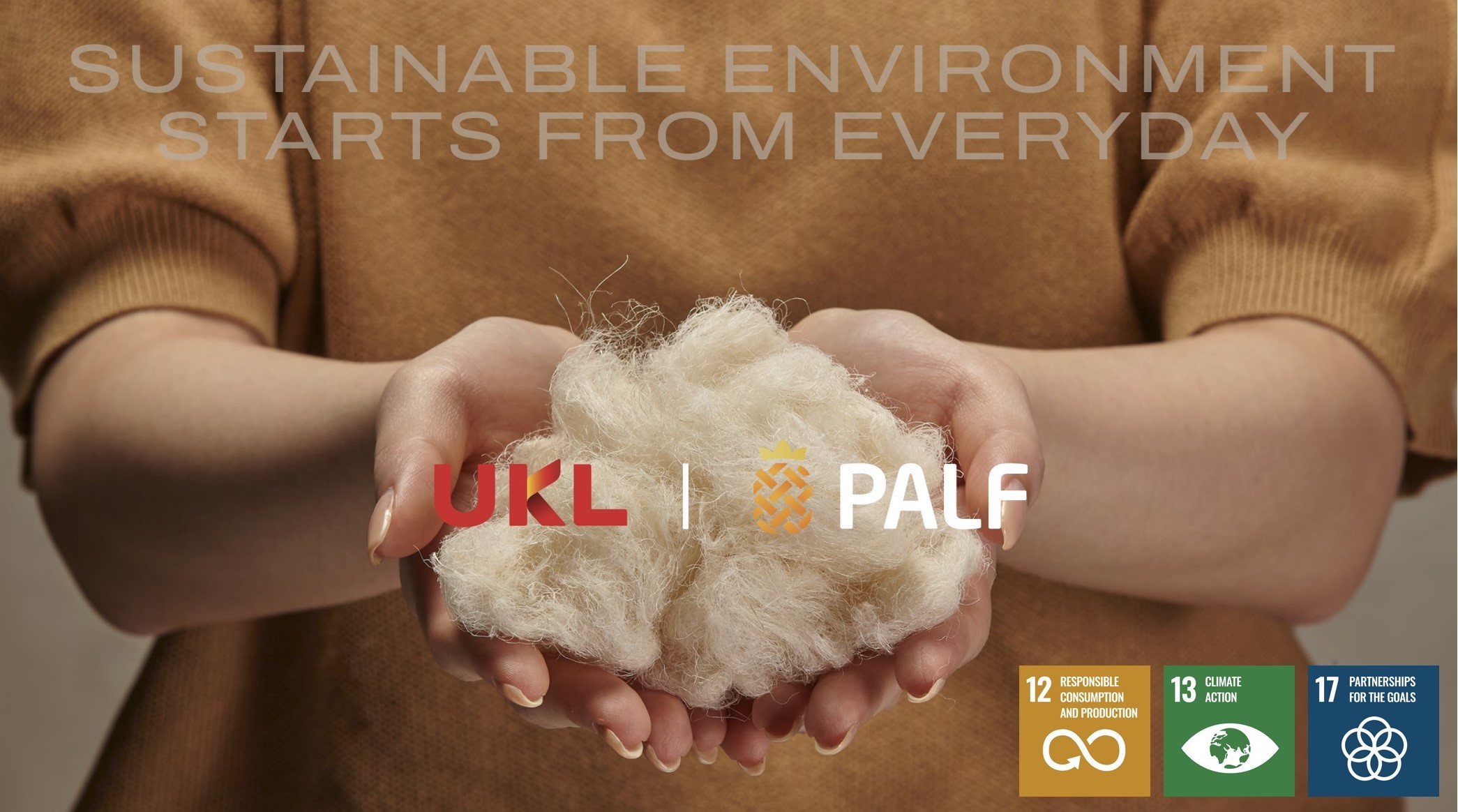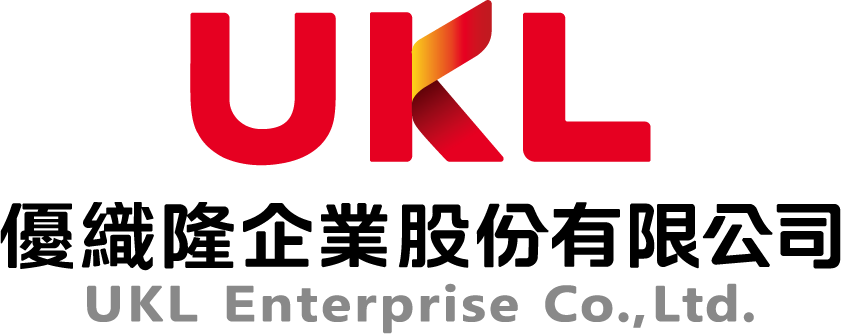

UKL Enterprise Co., Ltd.

Taipei, Taiwan
January 2024
Apparel
Wholesale/Retail
China,
Samoa,
Taiwan,
United States
UKL was established in Taipei in 1987. Since its founding, our corporate goal has always been to provide our clients with the highest quality apparel products. Over the years, we have consistently kept focused on our core, specialized fields—sweater and knit wear. For this reason, we have become a highly trusted leading supplier in Asia, North, South Americas as well as Europe. From our Taipei head office, we manage a network of more than fifty production lines spreading out in four different countries including Mainland China, Indonesia, Vietnam and Cambodia. Aside from our strength in manufacturing, UKL’s design capability has also won high acclaim from our clients around the globe, we has been able to forecast the current and future fashion trends. Keeping in mind the importance of a reliable and strong manufacturing base, we never stop perfecting our design power and UKL is in a highly competitive position to deliver unique designs sought after by our valuable customers.
Overall B Impact Score
Governance 8.6
Governance evaluates a company's overall mission, engagement around its social/environmental impact, ethics, and transparency. This section also evaluates the ability of a company to protect their mission and formally consider stakeholders in decision making through their corporate structure (e.g. benefit corporation) or corporate governing documents.
What is this? A company with an Impact Business Model is intentionally designed to create a specific positive outcome for one of its stakeholders - such as workers, community, environment, or customers.
Workers 26.5
Workers evaluates a company’s contributions to its employees’ financial security, health & safety, wellness, career development, and engagement & satisfaction. In addition, this section recognizes business models designed to benefit workers, such as companies that are at least 40% owned by non-executive employees and those that have workforce development programs to support individuals with barriers to employment.
Community 18.9
Community evaluates a company’s engagement with and impact on the communities in which it operates, hires from, and sources from. Topics include diversity, equity & inclusion, economic impact, civic engagement, charitable giving, and supply chain management. In addition, this section recognizes business models that are designed to address specific community-oriented problems, such as poverty alleviation through fair trade sourcing or distribution via microenterprises, producer cooperative models, locally focused economic development, and formal charitable giving commitments.
Environment 25.3
Environment evaluates a company’s overall environmental management practices as well as its impact on the air, climate, water, land, and biodiversity. This includes the direct impact of a company’s operations and, when applicable its supply chain and distribution channels. This section also recognizes companies with environmentally innovative production processes and those that sell products or services that have a positive environmental impact. Some examples might include products and services that create renewable energy, reduce consumption or waste, conserve land or wildlife, provide less toxic alternatives to the market, or educate people about environmental problems.
What is this? A company with an Impact Business Model is intentionally designed to create a specific positive outcome for one of its stakeholders - such as workers, community, environment, or customers.
Customers 4.5
Customers evaluates a company’s stewardship of its customers through the quality of its products and services, ethical marketing, data privacy and security, and feedback channels. In addition, this section recognizes products or services that are designed to address a particular social problem for or through its customers, such as health or educational products, arts & media products, serving underserved customers/clients, and services that improve the social impact of other businesses or organizations.